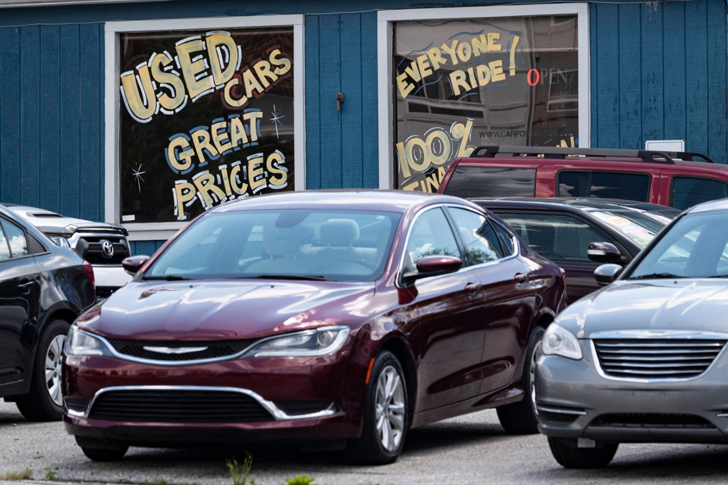Guidance for Seniors on Purchasing Pre-Owned Vehicles
As baby boomers continue to age and retirement becomes a reality for millions, many seniors are considering the purchase of pre-owned vehicles over new ones. A pre-owned car can offer the same reliability and comfort as a new vehicle but at a fraction of the price. Nevertheless, navigating through the myriad choices and considerations can be a daunting process. This guide is designed to help seniors make informed and safe choices when purchasing a pre-owned vehicle.

Understanding the Benefits of Pre-Owned Vehicles
For many seniors, the world of pre-owned cars is attractive primarily due to economical reasons. The average price of a new car is approximately $47,000, according to Edmunds, whereas the average price for a used car is significantly lower, hovering around $28,000. This substantial price difference allows seniors, who often live on fixed incomes, to allocate their financial resources more effectively. Beyond just savings on purchase price, pre-owned vehicles also tend to incur lower depreciation rates, insurance costs, and property taxes.
Choosing the Right Vehicle for Your Needs
When it comes to selecting the right car, it’s important to align the vehicle’s features with your current lifestyle needs. For seniors, critical factors to consider include ease of entry and exit, visibility, seat comfort, and simplicity of controls. Models with higher seats can be easier on the back and joints, and vehicles equipped with rear cameras and advanced safety features are ideal for improving driving safety. Moreover, Consumer Reports suggests that seniors look for cars with accessible physical controls rather than complex touchscreen menus, which can be difficult to operate while driving.
Where to Buy Your Pre-Owned Vehicle
There are many avenues to explore when buying a used car – from dealerships and private sellers to certified pre-owned programs. Each has its advantages. Buying a certified pre-owned car from a dealership can be reassuring, as these cars have been rigorously inspected and are typically covered by an extended warranty. However, they can be more expensive than a standard used car from a private seller. When buying from private sellers, the prices may be lower, but it comes with increased risk, as detailed vehicle histories might not be readily available. No matter where you buy the vehicle, ensuring a thorough check and possibly obtaining a vehicle history report from databases like CARFAX or AutoCheck should be a top priority.
Key Tips on Negotiating and Making the Purchase
Effective negotiation is a part of acquiring a vehicle at the best possible deal. It’s important to do extensive research on the vehicle’s market value, which can be aided by tools such as Kelley Blue Book. Seniors should not shy away from negotiating to get a price reduction, especially when equipped with data like the car’s market value, any cosmetic damage, and mechanical issues. Also, consider the timing of your purchase — car dealerships usually have sales quotas, often making end of the month, quarter, or year an excellent time for getting good deals.
Ensuring Vehicle Reliability and Longevity
Once you have decided on a car, ensuring its reliability is fundamental. Seniors should insist on a comprehensive pre-purchase inspection by an independent mechanic. This typically costs between $100 and $200 but can save thousands in future repair costs by identifying existing problems. Furthermore, regular maintenance according to the vehicle’s owner’s manual can help maintain the car’s safety and prolong its life. It’s also beneficial to check the National Highway Traffic Safety Administration (NHTSA) website for any recalls or safety notices associated with the specific model.
Adapting Vehicles for Older Drivers
Finally, adapting a vehicle to suit senior needs can greatly enhance driving safety and comfort. Simple adaptations such as swivel seats for easier access, pedal extenders for shorter drivers, or even adaptive lighted controls can be beneficial. Several organizations, including The Association for Driver Rehabilitation Specialists, provide assistance in modifying cars to meet the specific needs of older adults.
Purchasing a pre-owned vehicle as a senior does not have to be an overwhelming experience. With the right knowledge, preparation, and respect for one’s individual needs and financial limitations, finding a reliable, safe, and affordable car is entirely possible. By taking the time to adequately research and follow these tips, seniors can ensure they are making the best investment for their comfort and mobility in the years to come.







Recent Comments